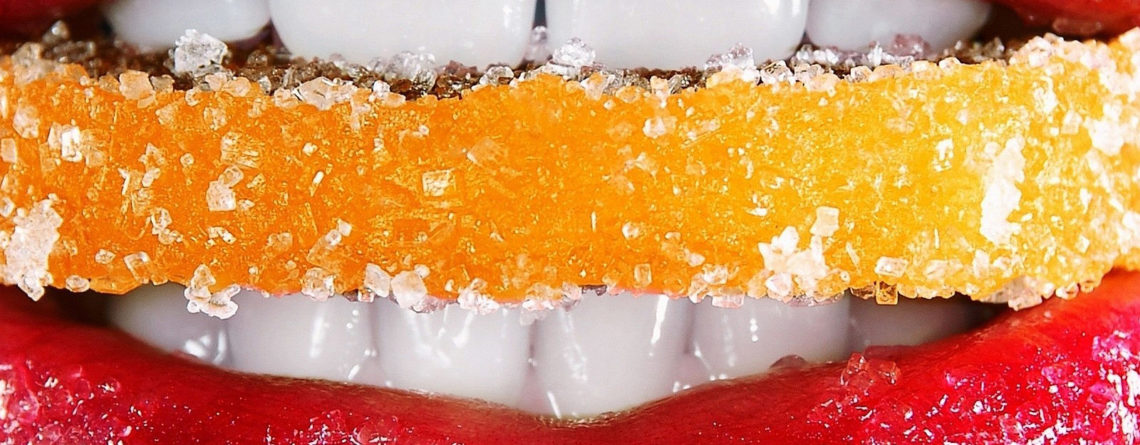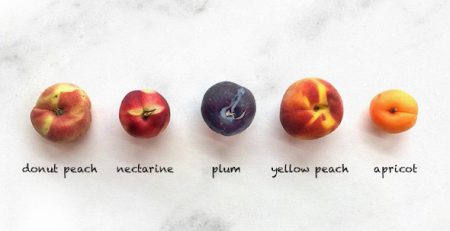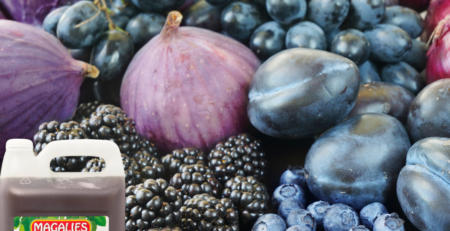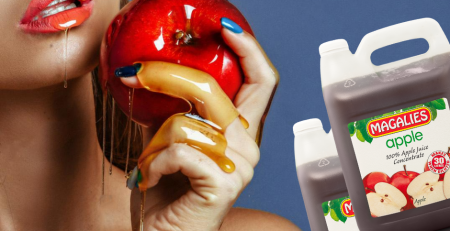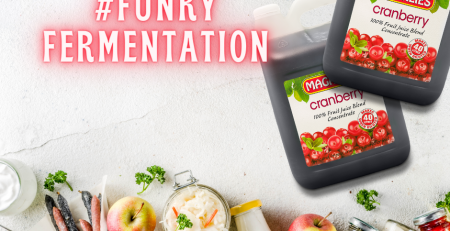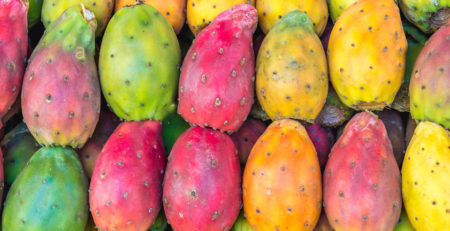‘F’ is for Fruit Sugars!
by Dr Marli Botha
Is fruit good or bad for your health? The sweet truth… Many people now believe that because added sugars are bad, the same must apply to fruits, which also contain fructose. However… this is completely wrong, because fructose is only harmful in large amounts and it is almost impossible to overeat fructose by eating fruit. (https://authoritynutrition.com/is-fruit-good-or-bad-for-your-health/)
Multiple observational studies have shown that people who eat more fruits and vegetables have a lower risk of many diseases (Examining the Health Effects of Fructose – David S. Ludwig, MD, PhD – Journal of the American Medical Association, July 2013).
Fruits are loaded with fibre, water and have significant chewing resistance. For this reason, most fruits (like apples) take a while to eat and digest, meaning that the fructose hits the liver slowly. Plus, fruit is incredibly fulfilling. Most people will feel satisfied after one large apple, which contains 23 grams of sugar, 13g of which are fructose. Compare that to a 500ml bottle of Coke… which contains 52 grams of sugar! (http://www.fruitsandveggiesmorematters.org/sugar-in-fruit-vs-table-sugar).
Faced with a serving of fruit, how much sugar are we talking about, anyway? An average orange has only about 12 grams of natural sugar (about 3 teaspoons) and a cup of strawberries has only about 7 grams – that’s less than two teaspoons. And either way, you’re also getting 3 grams of fibre, about a full day’s worth of vitamin C, healthy antioxidants and some folic acid and potassium to boot – and it’ll only cost you about 50 or 60 calories. “All sugar”? I think not (http://www.discovergoodnutrition.com/2011/02/sugars-in-fruit/).
Fructose does not cause abrupt fluctuations in your blood sugar levels because your body digests it more slowly than sucrose, according to researchers of a study published in 2008 in the “American Journal of Clinical Nutrition,” who added that diabetics are often advised to use fructose as an energy source because it may aid glycaemic control (http://healthyeating.sfgate.com/sugar-fruit-bad-you-3928.html)

